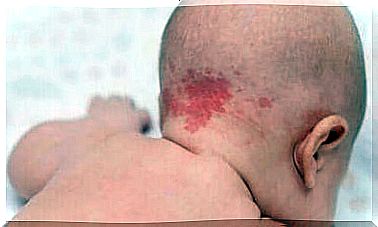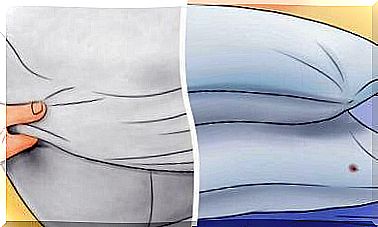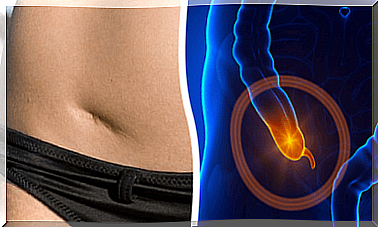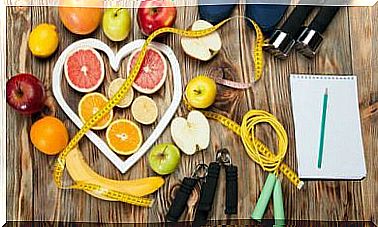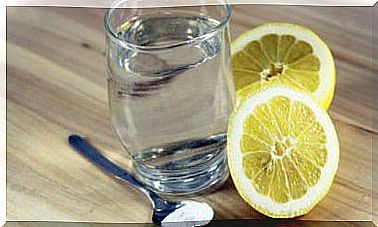Dangerous Diets And Their Warning Signs
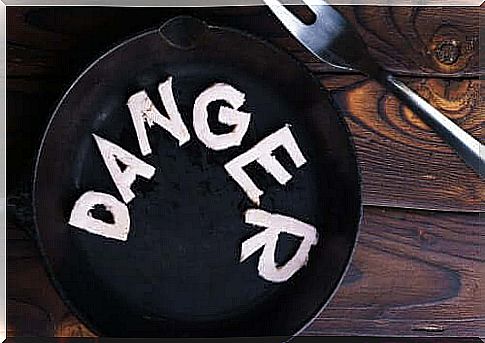
Dangerous diets to lose weight fast without any scientific basis are to be found everywhere these days. However, instead of helping you, these diets with a “magic ingredient” can lead to serious health problems.
We want to tell you about them today.
What makes diets dangerous
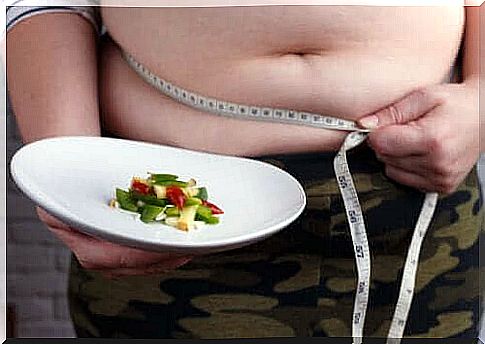
When we talk about dangerous diets, we are referring to diets that are not balanced and therefore do not provide all the nutrients that your body needs. On the contrary, they can also overload you with too much of a good thing.
Remember that it is not the ingredients that are bad, but your excessive intake of them (remember, even water can be deadly if you drink too much of it).
There are many scammers and irresponsible people out there and unfortunately the internet is plagued by all sorts of allegations. Remember that when something sounds too good to be true, it usually is. The faster you lose weight, the faster you gain weight again. This is called “yo-yo dieting”.
Also read: Why are gluten-free diets harmful?
In the long run, people who follow this pattern may end up with dyslipidemia. This is a condition where their blood lipid levels will either be too high or too low.
Miracle cures often lack scientific evidence. Instead, they are only about opinions and claims, many of which are not only dangerous but also absurd.
Warning signs for dangerous diets
You know almost instantly that you are following a dangerous diet because you will see the warning signs that your whole body is sending you:
- Extreme hunger: These diets are often restrictive and you will never ever feel full.
- Hair loss: If you experience this, it means that you are deficient in vitamin B8 (Biotin). In addition, the appearance of gray hair, reddened and stained skin and fragile nails is also a sign as well as muscle pain.
- Lack of energy: When you lack vitamin C and B vitamins, your metabolism works harder and this extra effort leads to fatigue, accompanied by some apathy and drowsiness.
- Scaly scalp: This may indicate a possible deficiency of essential fatty acids such as omega-3, as they act as lubricants throughout your body.
- Mouth sores and sores: The recurrent presence of mouth sores and sores can warn you that you are deficient in vitamin B12. If this is the case, be sure to eat poultry, red meat and eggs.
- The tingling or numbness in the hands and feet: This indicates a deficiency of B vitamins, such as folate (B9). In addition, B6 and B12 are related to problems in the peripheral nerves, which can cause anxiety, depression and hormonal imbalance.
The consequences of dangerous diets
As you can see, very restrictive, low-calorie diets reduce much more than weight in the short term.
In addition, they are an unacceptable risk to your health because:
- They aggravate your risk of metabolic diseases.
- These diets lead to malnutrition and deficiency of both vitamins and minerals.
- This can then trigger eating disorders such as anorexia and bulimia, which have even worse consequences for you than the excess weight you had.
- They produce negative psychological effects and promote yo-yo diets.
Also read: 6 mistakes that make you gain weight when you are on a cure
A healthy diet
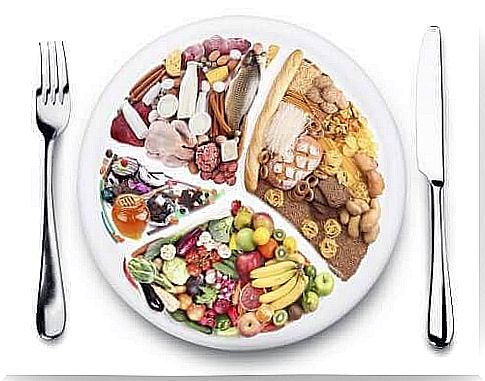
All diets must have a few characteristics to be effective and not pose a risk to your health:
- First, seek gradual and moderate weight loss according to your body type, age and gender. To do this without a nutritional deficit, you should consume at least 13 calories per serving. half a kilo of body weight.
- A balanced supply of nutrients is very important for losing weight in a healthy way so that you get nutrients that come from each food group.
- You need at least 40-50% of the daily carbohydrates for your nervous system (brain, nerves), heart and blood cells (red blood cells, white blood cells and platelets) to function properly.
- Also try to get approx. 20 to 30% of your daily calories from protein from meat, fish, eggs, cheese, yogurt and nuts.
- Lastly, the remaining percentage of your daily meals should include some form of animal or vegetable fat. Fat is not the enemy here; it is the quality of fat that is. Therefore, stay away from hydrogenated oils (margarine and other trans fats).
Conclusion
The process of losing weight must take time and happen gradually to be successful. It is bad for your health to do it too fast.
Yes, you can both have your cake and eat it… as long as you make it with the right ingredients!
Remember that you also need to make all sorts of small changes in your lifestyle. It’s the little change in habits that stays with you forever. Then you will not only lose the pounds you want to lose, you will also feel comfortable and keep them away.
